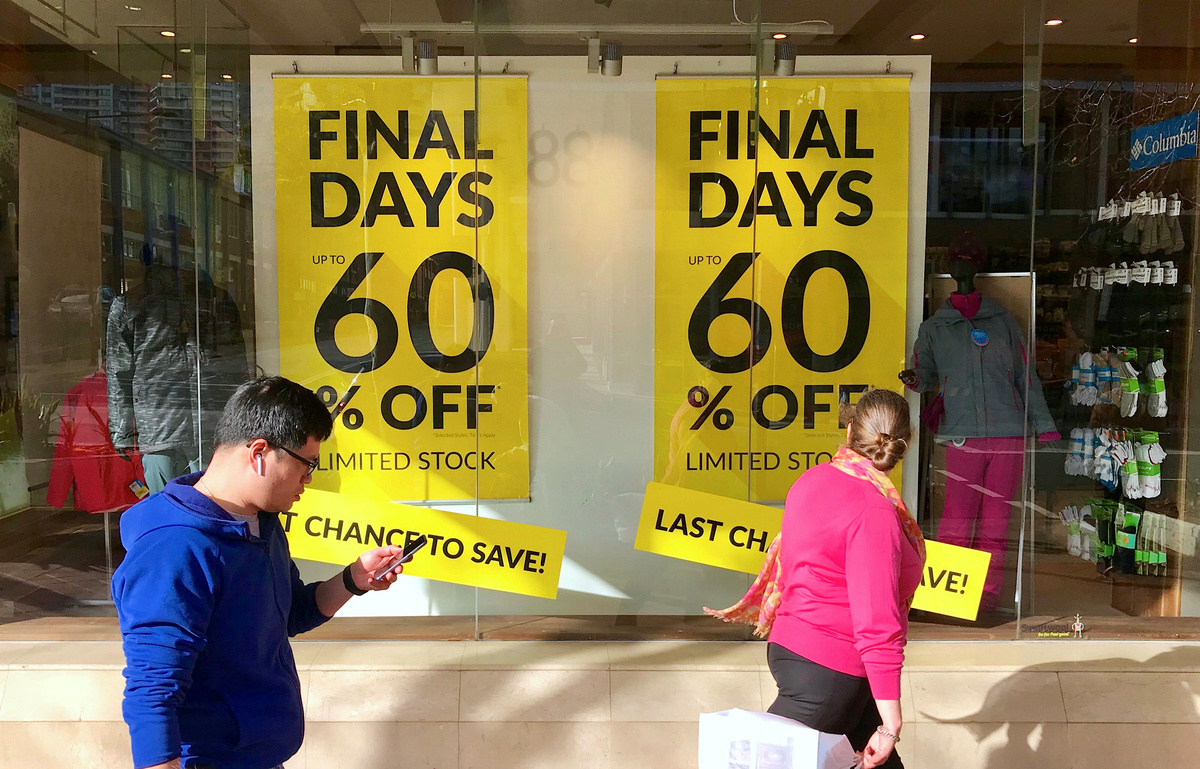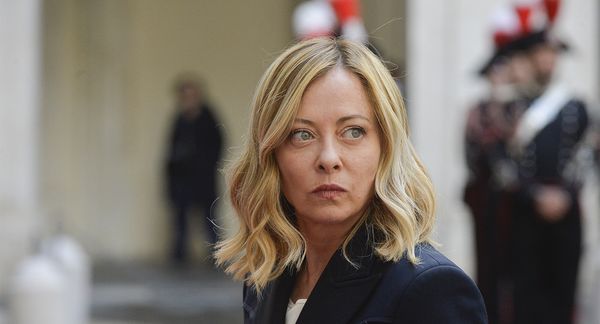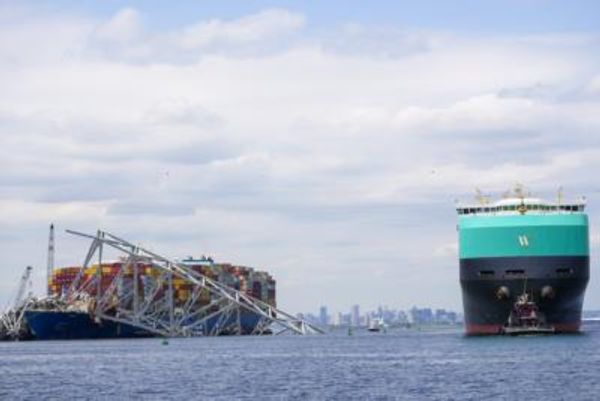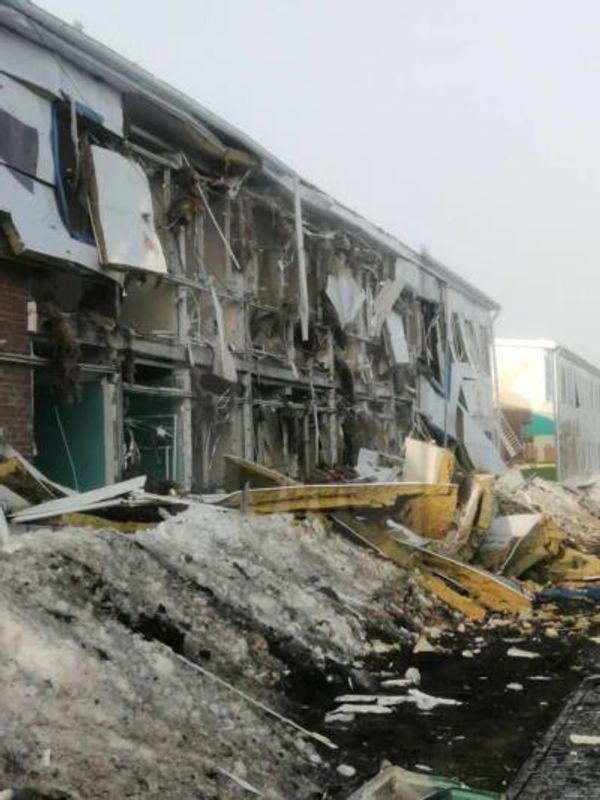
Australian retailers suffered their worst month in nearly 2-1/2 years in December as shoppers were discouraged by bushfires that blazed along the country's southeast though spending during the quarter was surprisingly stronger.
While exporters also enjoyed a solid end to 2019, the welcome news was tempered by a warning from Prime Minister Scott Morrison of a "significant" hit to Australia's economy from China's rapidly-spreading coronavirus outbreak.
Retail sales dropped 0.5% in December, the worst monthly performance since August 2017, to A$27.77 billion ($18.75 billion) when economists polled by Reuters had forecast a 0.2% fall.
Encouragingly, however, figures for November were upwardly revised to a brisk 1% gain while quarterly data showed inflation-adjusted sales rose by a larger-than-expected 0.5% following a 0.1% decline in the September quarter.
The pick-up in volumes implied household consumption added modestly to economic growth in the final quarter of last year, a welcome sign for policymakers.
Separate data showed Australian exporters had another solid month in December, suggesting exports too added to GDP growth in the December quarter.
The figures helped boost the Australian dollar <AUD=D3> as investors pushed out expectations of a rate cut in the near term. <0#YIB:>
"It is too early to call this a sign of a recovery in retail, but the result is certainly encouraging," ANZ economists Adelaide Timbrell and Catherine Birch wrote in a note.
"Retail growth in early 2020 is at risk from the effects of bushfires and coronavirus, but the second half of the year may see an improvement in household spending."
Many economists, including ANZ, have sharply downgraded their estimates for Australia's gross domestic product (GDP) growth for the current quarter citing the jolt from the viral epidemic spreading from China as well as deadly bushfires in the country's southeast.
Earlier in the day, Prime Minister Morrison said the effect of the virus, which has so far killed 563 people in China, will be "a real weight on the economy" as countries impose widespread travel bans.
However, the Reserve Bank of Australia (RBA) appeared unfazed.
At its first meeting of the year this week, it held interest rates at a record low 0.75%, saying three cuts last year together with a revival in the mining sector and infrastructure spending were likely to support growth going forward.
Governor Lowe also raised the bar for further policy easing in a speech on Wednesday.
Economists still think further rate cuts will be needed.
"Today’s data and underlying trends continue to challenge the RBA’s view that consumption growth should pick up," said RBC economist Su-lin Ong.
"We remain comfortable with our base case for persistent sub-trend growth, a softening labour market and sub-target inflation. Whether this is enough to push a clearly reluctant RBA to cut by June is more debatable."
(Reporting by Swati Pandey; Editing by Shri Navaratnam)







